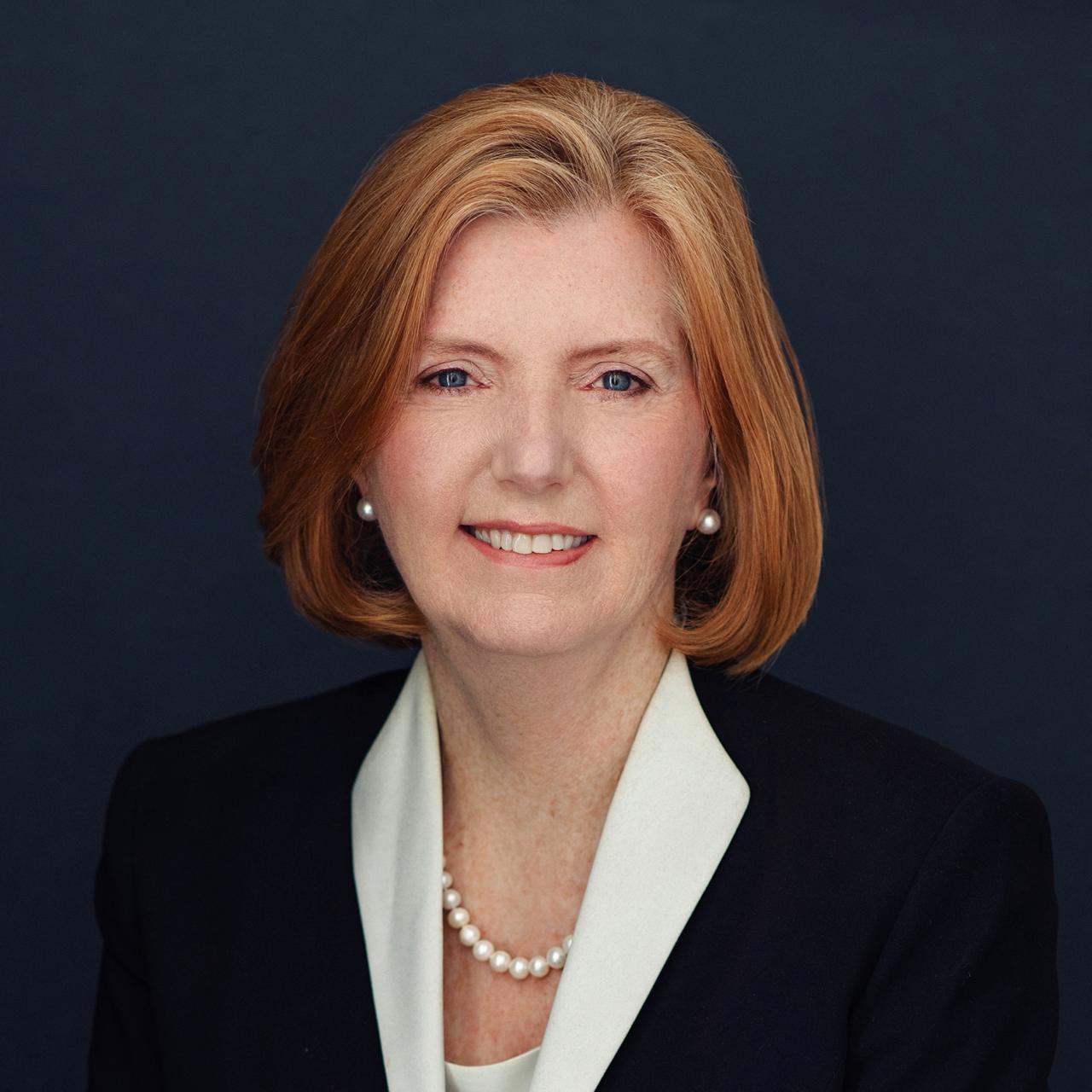By Natalia Luque, ESRAG Latin-American Correspondent, Member of ESRAG Communications and the Rotary Club Global Zipaquirá, District 4281
Sometimes, when we think about the current environmental situation, we relate it to catastrophe and crisis. Even though we all joined ESRAG because we believe in taking action, we can sometimes feel overwhelmed and discouraged about how much impact we can truly make. What if we could see this whole situation not as a potential disaster, but as a potential challenge to create a new world?
This was the message left by Eleanor LeCain, the speaker in our ESRAG Seminar, Climate Solutions Briefing: What We Can Do Now. After interviewing her, my mind—and the minds of many listeners—were left with a deep feeling of positivity, inspiration, hope, and a new perspective on how to address the biggest crisis in the world. The most astonishing sentence that continues to resonate with me is: “Shift from despair to possibility.”
Having worked in state programs and as an advisor to policymakers, candidates, and donors around the world, Eleanor came up with the idea to bring together “big minds” and decision-makers to address four global crises—climate, democracy, economic integrity and security, and health—in an event called the Solutions Summit, where she serves as Executive Director.
One of the biggest learnings from this event was that most of the world’s problems already have solutions—ones that have been developed locally on a small scale. However, these individuals or groups often lack the power or means to scale their solutions. That’s where organizations like Rotary and others, along with policymakers, can play a vital role—by identifying and scaling up these proven, local solutions.
In her book Breakthrough Solutions: How to Improve Your Life and Change the World by Building on What Works, Eleanor shares the importance of:
- Shifting the focus from despair to possibility.
- Speaking to audiences—large or small—from a place of hope to engage them. People already have too much to worry about, so why would they join a cause that makes them feel even more uncertain?
- Improving our lives and the lives of others through simple and consistent actions that lower our carbon footprint.
- Putting more resources—both financial and human—into the actions that will create the biggest impact.
- Exposing misinformation and transforming the narrative through data, showcasing local achievements and scaling workable solutions.
She reminds us how fortunate we are to live in this precise moment in history, with the opportunity and honor to shift the future for humankind like never before. She invites us, as Rotarians and as human beings, to speak from the place of possibility—to improve lives, to carpool to meetings, to use green energy in our homes, transportation, and companies, and to develop greener enterprises.
We can shift our conversations to spark innovation, and become what she calls “Solutionaries.”
We must also work hard to correct misinformation. Much of the media leads people to believe that going green is too hard, too expensive, and will cause job loss. But the numbers tell a different story. The International Labour Organization (ILO) and the International Renewable Energy Agency (IRENA) report that jobs in the green energy sector increased from 13.7 million in 2022 to 16.2 million in 2023. The World Energy Employment Report adds that global energy jobs rose by 3.8%, compared to a 2.2% increase in the general economy. The clean energy sector experienced the largest growth, rising by 1.5%.
Many companies are also seeing economic benefits after implementing green energy, circular economy strategies, and sustainable practices. The Boston Consulting Group estimates that the value of prospective investment opportunities in a green global economy stands at $2 trillion today and could grow to $11 trillion by 2040. Policies, technology, and strategic innovation will shape this future.
Innovative green strategies can definitely change the narrative—and people’s lives. Let’s help communities and empower the change.
If you want to watch the full seminar, click here: ESRAG Seminar with Eleanor LeCain
More About Eleanor LeCain
- Consultant on issues and strategy for candidates and policymakers
- Director of Programs, Women’s National Democratic Club
- Steering Committee Member, 1.5 Degree Climate Strategies Group
- Steering Committee Member, Electing Women Alliance (National Capital Team)
- Author of Breakthrough Solutions: How to Improve Your Life and Change the World by Building on What Works (with an introduction by the Dalai Lama) and Mayor’s Guide to Gender Equality (in collaboration with the US Conference of Mayors)

